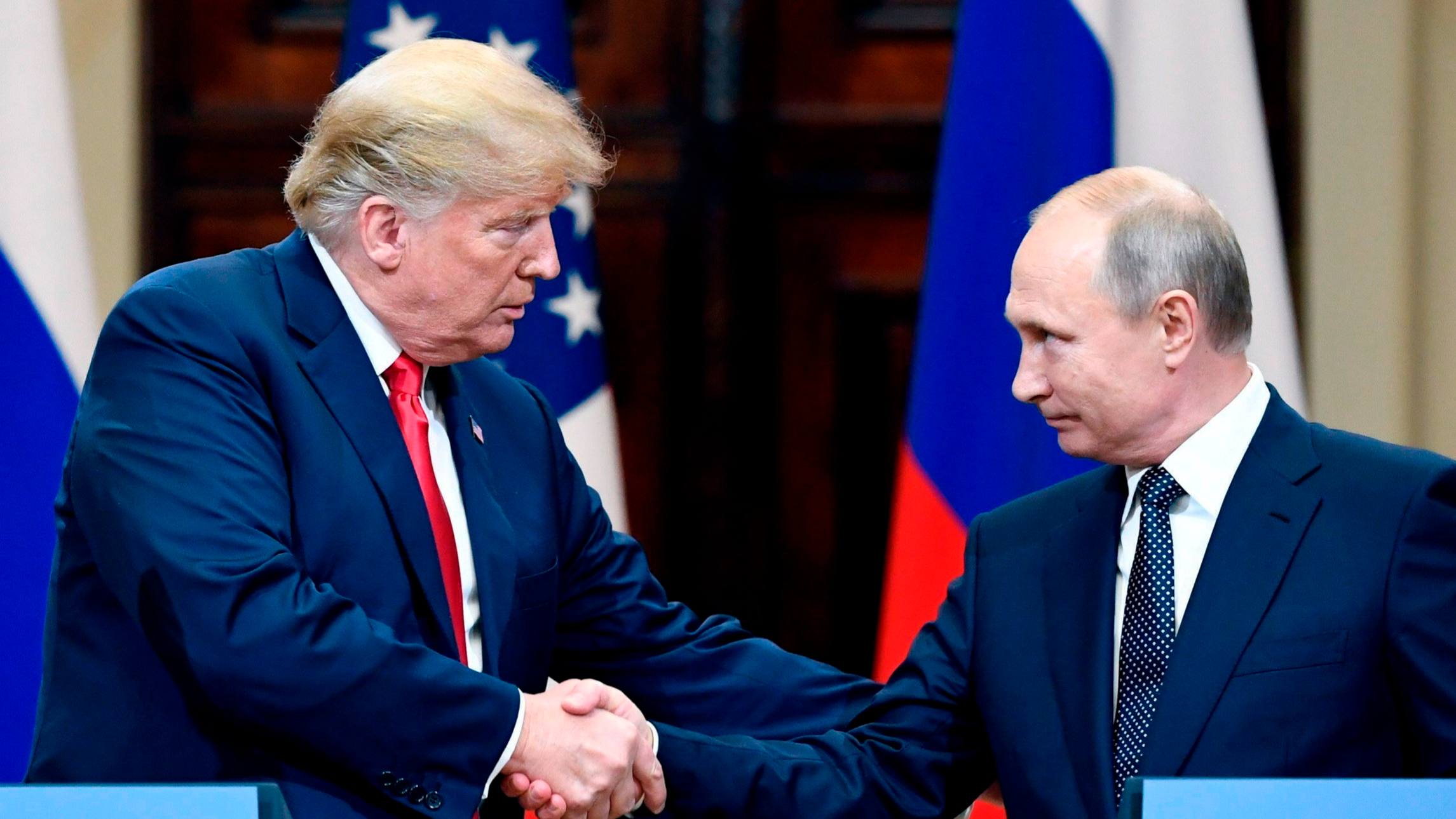Letter: Apathy of educated class allows conspiracy theorists to thrive

We might, as your columnist Gideon Rachman does, label those delusional (if not deranged) world leaders such as Vladimir Putin and Donald Trump as conspiracy theorists (“When world leaders believe in conspiracies”, Opinion, October 4).
One would be correct in doing so — irrefutably — as Trump has yet to provide even a fragment of concrete evidence of the “birther” lie that Barack Obama was not born in this country, and Putin has yet to explain how Ukraine can be a Nazi state led by a Jewish president. The issue, however, is not that our times are producing more conspiracy theorists, but rather that our societies’ professional, educated and hyper-productive populations have been sidelined, demonised and inevitably have become disengaged from politics.
Voter bases across the globe have vilified what is called “the establishment”, often because of the rhetoric deployed by politicians around what Rachman would call conspiracy theories.
The said “establishment” is mistakenly thought to be comprised of the 0.1 per cent of income earners. But what about the next 9.9 per cent of top income earners — the doctors, lawyers, professors, bankers, many of whom would be readers of this publication?
The most economically productive and highly educated segments of our populations have largely become uninterested in active political participation, beyond voting.
Our societies have turned their backs on the “establishment” in favour of political outsiders: the billionaires,
the military strongmen or the bartenders (as is the case with the Democratic congresswoman Alexandria Ocasio-Cortez).
As long as this 9.9 per cent of top income earners, with their distinguished professional backgrounds, remain uninvolved in the political process, we can expect rhetoric and conspiracy theories to triumph.
Jorge Alberto Chico
New York, NY, US
This article has been archived for your research. The original version from Financial Times can be found here.


